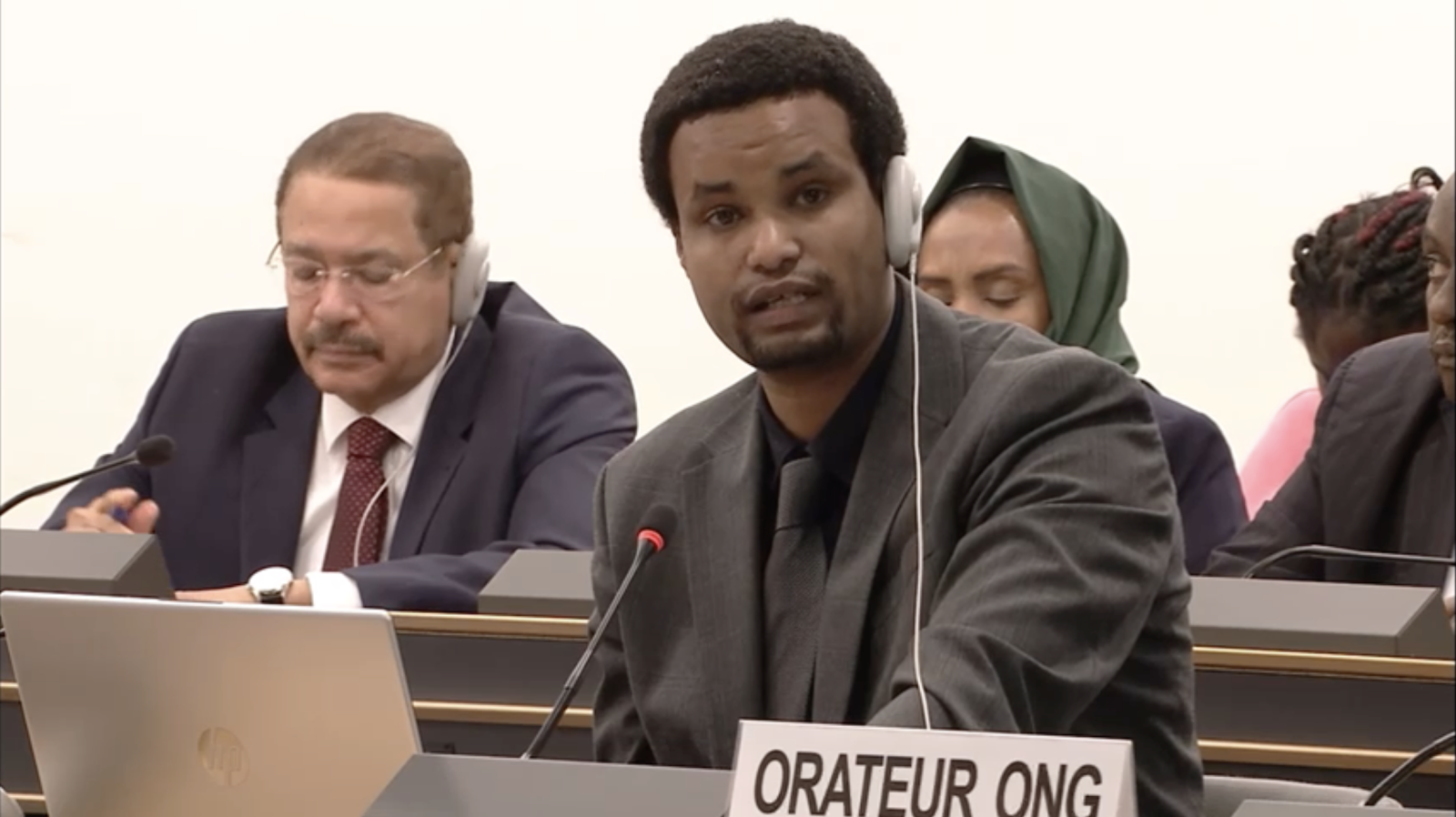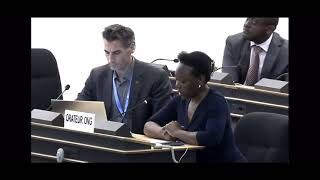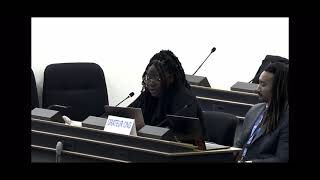Agenda Item 2: General Debate:
- Annual report of the United Nations High Commissioner for Human Rights and reports of the Office of the High Commissioner and the Secretary-General.
Thank you Mr. President,
We appreciate the vital work by the Secretary-General and the High Commissioner and his Office. Acknowledging the importance of the OHCHR’s focus on countering discrimination and strengthening accountability and the rule of law outlined in the Annual Report, we would like to highlight the interrelationship between conflicts; minority rights and the promotion of inclusiveness and stability.
Indeed, when minorities experience practices and institutional arrangements that systematically discriminate against, denigrate and exclude them, tensions between minorities and the respective State are intelligible consequences. Unequal access to education, political participation, employment, and public services, violates minorities’ individual and collective rights and creates a dual system that subverts democracy and social cohesion.
If coupled with hate speech and incitement to hatred, minorities are deprived of their fundamental rights to life in safety and dignity and may fall victims to atrocity crimes such as ethnic cleansing or even genocide. The plight of the Rohingya in Myanmar is a gruesome example. With the social fabric torn by crimes committed against the marginalized, conflict is latent and ready to reoccur in ever more cruel forms. Seaming up the fabric of society and preventing or peacefully resolving conflicts necessitates first and foremost full respect for minority rights.
EAFORD and Geneva International Centre for Justice stress the importance of early warning efforts involving systemic exclusion of and discrimination and violence against minorities, through the OHCHR’s cooperation with affected groups, civil society, and national and international stakeholders.
Thank you.








